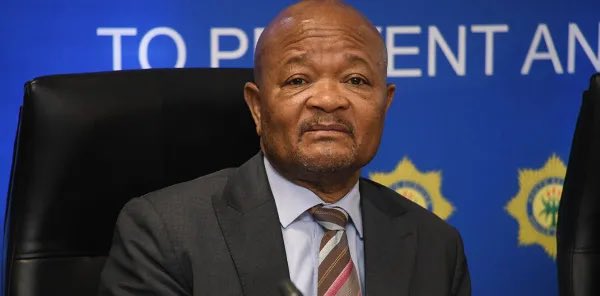News
“No Links to Criminals”: Water Minister Mchunu Rejects Allegations of Syndicate Ties

In a firm and public stance, Water and Sanitation Minister Senzo Mchunu has directly addressed and denied what he calls damaging allegations. The Minister has categorically stated that he has no connections to crime syndicates or individuals implicated in criminal activity, pushing back against claims that have begun to circulate in public discourse.
The denial comes amid heightened public scrutiny over the integrity of government officials and the potential infiltration of organized crime into state affairs. For a ministry tasked with managing South Africa’s most critical resource, public trust is paramount.
A Clear and Unambiguous Refutation
Minister Mchunu did not mince words. He explicitly rejected any suggestion of a relationship with crime syndicates, labeling such claims as baseless. His statement was a direct attempt to cut off speculation before it could gain a stronger foothold, a common challenge for public figures facing unproven allegations.
The Minister’s refusal to be linked with “criminally implicated individuals” is a crucial part of his defense. In the complex world of politics and business, guilt by association can be as damaging as a proven allegation. By drawing this clear line, Mchunu is attempting to protect his personal reputation and that of his department.
The Critical Context of the Water Sector
The allegations land in a particularly sensitive arena. The Department of Water and Sanitation oversees massive infrastructure projects and tenders, from building dams to maintaining water purification works. These are areas historically vulnerable to corruption and the influence of unscrupulous business interests.
Any perception that the political head of the department is connected to criminal elements would severely undermine public confidence and could deter both local and international investment in the country’s water security. Minister Mchunu’s denial is, therefore, also a defense of his department’s operational integrity.
A Test of Public Trust
For the public, this becomes a matter of whom to believe. The Minister has made his position clear, but in an environment where trust in institutions is fragile, such denials are often met with skepticism. The onus is now on those making the allegations to provide credible evidence.
In the absence of such proof, the Minister’s statement stands as his official record. However, the court of public opinion often operates differently from a court of law. The swiftness and clarity of his response demonstrate an understanding that in politics, perception can quickly harden into reality. His next steps in leading the ministry will be closely watched as the ultimate test of his word.
{Source: ewn}
Follow Joburg ETC on Facebook, Twitter , TikTok and Instagram
For more News in Johannesburg, visit joburgetc.com



























